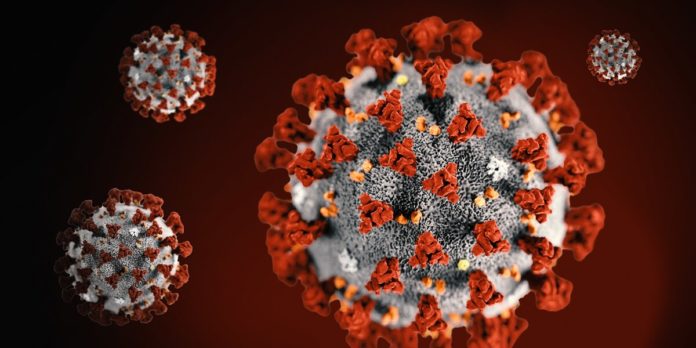Coronaviruses (CoV) are a large family of viruses that cause illness ranging from the common cold to more severe diseases such as Middle East Respiratory Syndrome (MERS-CoV) and Severe Acute Respiratory Syndrome (SARS-CoV).
Coronaviruses are zoonotic, meaning they are transmitted between animals and people. Detailed investigations found that SARS-CoV was transmitted from civet cats to humans and MERS-CoV from dromedary camels to humans. Several known coronaviruses are circulating in animals that have not yet infected humans.
What can be done to alleviate the emotional impact?
1) It needs to be a collective and community response, as well as a Governmental one. Coronavirus is a stark reminder that we are not individuals. We depend on each other and are interconnected.
2) Be constructive. According to WHO director general Tedrol Adhanom Ghebreyesus,“it is easy to blame, it’s easy to politicise, it’s harder to tackle a problem together and find solutions together”. What can you do in your family and community to help? Schools, churches, organisations can all play an important role.
3) Engage in healthy distractions such as reading a light hearted book or watching a funny movie, going for a walk in the fresh air or learning a new language or skill.
4) Obtain your information from reliable sources. Get the facts and stick with the facts. We need to watch our language to avoid dramatics and hysteria.
5) Rather than saturating yourself in updates excessively, ringfence media exposure to certain times in the day. Pre-social media days, most people listened to the morning or evening news, and that was it.
6) Be aware of what is anxiety and what is reality in your thoughts and conversations.
7) Follow guidelines. Use prescribed handwashing methods, avoid touching your face, sneeze into elbow, cough into tissues then dispose of them. Forget politeness, and avoid hugging and shaking hands. We can develop our own national greeting that involves no touching – a nod will suffice. Stay at home and call your GP and do not attend if you have flu/respiratory symptoms. Please come forward.
8) Be sensible and minimise exposure to large groups. Engage in self-care routines and healthy habits. Get fresh air, adequate rest and take care of your immune system. If you are in a vulnerable group, take medical advice and seek support.
9) Prepare. Rather than it being a shock, if you need to self-isolate make some preparations just in case. Who could deliver food or supplies? What work arrangements could you make? How could you keep yourself occupied and have a routine? Think about how you would maintain contact by using Skype, calls, texts etc. Hospitals, nursing homes and other organisations could arrange for substitutions for a lack of visitors.
10) We need to be mindful of how we talk in front of children and the vulnerable. We can be positive role models in the way we refer to Covid-19, process information and practice good standards of hygiene.
11) Try to put it into perspective. According to the WHO, while seasonal flu can’t be stopped, countries still have a chance to limit new cases of Covid-19. China has brought down the number of new cases by taking measures.
12) Empathy and support is needed for those infected, and for those who are working at the frontlines. Health professionals need stress management training to mitigate the fallout. They also need supplies, adequate breaks and societal support. Hats off to them.
13) American neuropsychologist Dr Antonio Puente has stated that we need to be concerned, not panicked, and, if you do get it to remember there are excellent medical professionals who will take care of you.
14) Accept that you can do your bit – and that’s it. Try to stay in the now rather than catastrophise.
15) Be assertive about standards of hygiene in your home and other places. Walk out of public places if these are not adhered to
Our leaders need to globally come together on this. Mass gatherings pose a threat, and need to be cancelled. Safe distance strategies for public places could be provided.
A task force has to involve a multidisciplinary cross-section of society, not just medics. Voluntary groups could be drafted in or set up as back-up. Preventative rather than reactionary measures have to be implemented.
Views: 724






